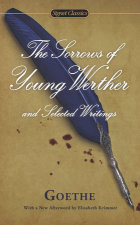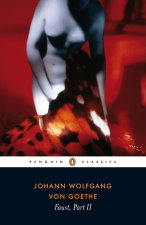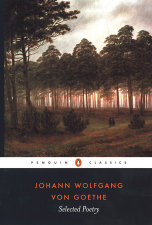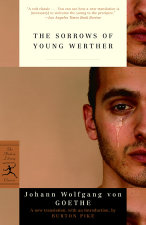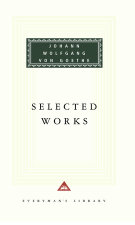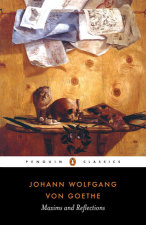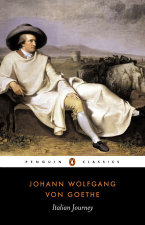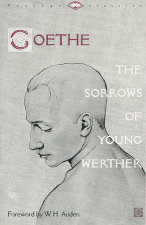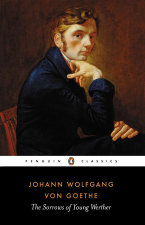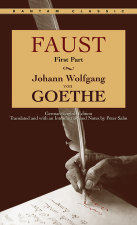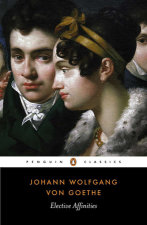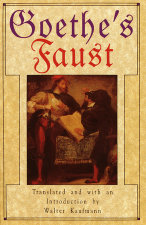Maxims and Reflections
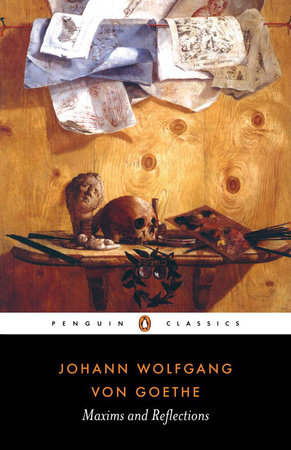
Throughout his long, hectic and astonishingly varied life, Johann Wolfgang von Goethe (1749–1832) would jot down his passing thoughts on theatre programmes, visiting cards, draft manuscripts and even bills … Goethe was probably the last true ‘Renaissance Man’. Although employed as a Privy Councillor at the Duke of Weimar’s court, where he helped oversee major mining, road-building and irrigation projects, he also painted, directed plays, carried out research in anatomy, botany and optics – and still found time to produce masterpieces in every literary genre. His fourteen hundred Maxims and Reflections reveal some of his deepest thought on art, ethics, literature and natural science, but also his immediate reactions to books, chance encounters or his administrative work. Although…
$25.99
March 1, 1999Before he was thirty, Johann Wolfgang von Goethe had proven himself a master of the novel, drama, and lyric poetry. But even more impressive than his versatility was his unwillingness ever to settle into a single style or approach; whenever he used a literary form, he made it something new. Born in 1749 to a well-to-do family in Frankfurt, he was sent to Strasbourg to earn a law degree. There, he met the poet-philosopher Herder, discovered Shakespeare, and began to write poetry. His play Götz von Berlichingen (1773) made him famous throughout Germany. He was invited to the court of the Duke of Saxe-Weimar, where he quickly became a cabinet minister. In 1774 his novel of Romantic melancholy, The Sorrows of a Young Werther,…
